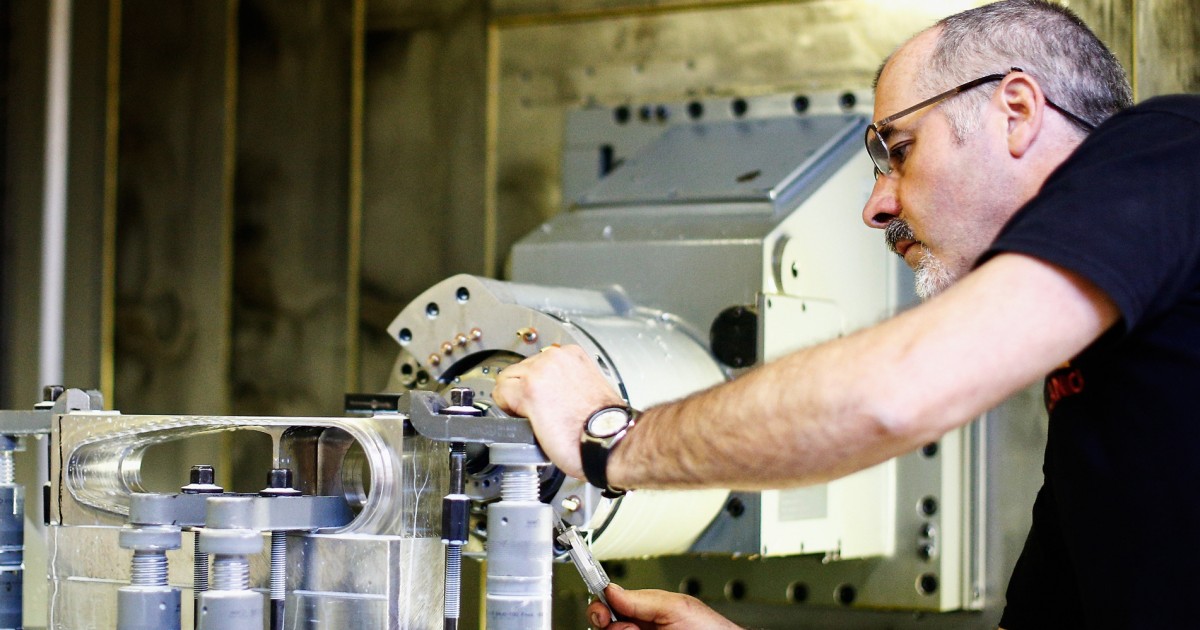
Human Physiology
Human Physiology is the study of how the human body functions in a space environment. It includes the study of the effects of microgravity, radiation, and other space-related factors on the human body. Human Physiology also involves the development of countermeasures to mitigate the negative effects of spaceflight on the human body, such as exercise programs, nutritional interventions, and medical treatments. The goal of Human Physiology is to ensure the health and safety of astronauts during space missions, as well as to advance our understanding of human physiology in general.
Your Previous Searches
Random Picks
- Noise Reduction Techniques: Noise Reduction Techniques refer to the methods and technologies used to minimize or eliminate unwanted sound or interference in the signals received by spacecraft or other space vehicles. These techniques include shielding, filtering, and ... Read More >>
- TNL: TNL stands for Trajectory Nonlinearities. In space and astronautical engineering, TNL refers to the deviations from the nominal trajectory caused by various nonlinear effects such as atmospheric drag, gravitational perturbations, and attitu ... Read More >>
- Hypothesis: In space and astronautical engineering, a hypothesis is a proposed explanation or prediction for a phenomenon or observation. It is a tentative assumption made in order to draw out and test its logical or empirical consequences. Hypotheses ... Read More >>
Top News

Scientists release plans for an even bigger atom smasher to address the mysterie...
GENEVA — Top minds at the world’s largest atom smasher have released a blueprint for a much bigger successor that could vastly improve research into the remaining enigmas of physics....
News Source: NBC News on 2025-04-01

Scientists release plans for even bigger atom smasher along the French-Swiss bor...
Scientists at the world’s largest atom smasher have released a blueprint for a much bigger successor that could help solve enigmas of physics, starting in the mid-2040s at a cost of about $16 billio...
News Source: ABC News on 2025-04-01

The 'Blaze Star' hasn't exploded yet, but it could soon...
T Coronae Borealis has an outburst every 79 to 80 years, according to NASA....
News Source: ABC News on 2025-03-28
I visited the sprawling 'metroburb' where 'Severance' is filmed. It's a 2 millio...
Bell Works, the real office complex that doubles as Lumon on "Severance," is redefining what an office can be....
News Source: Business Insider on 2025-03-28

We've spotted auroras on Neptune for the first time...
After 34 years of searching, astronomers have finally confirmed Neptune has auroras, thanks to data from the James Webb Space Telescope...
News Source: New Scientist on 2025-03-27